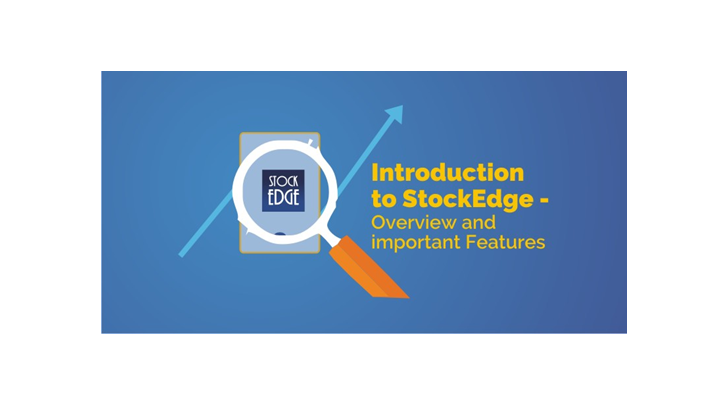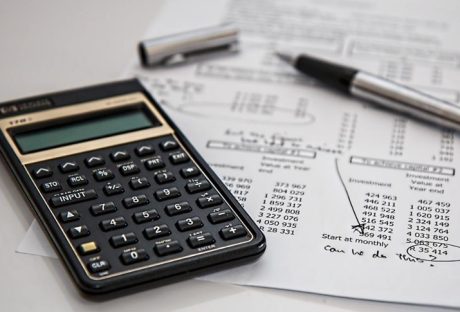To become a reputed and successful entrepreneur, it takes hard work. In India, the opportunities for launching new businesses are umpteen, but the competition is fierce. There is no magic mantra that can help one company find success within record time. It requires dedication, perseverance, and knowledge. Sub-brokers are entrepreneurs with immense potential for making a profit. They are not trading members of stock exchanges, but they can act on the behalf of one. They can also assist business owners and new investors to buy or sell securities through registered trade members.
The opportunities of a sub-broker business are plenty. If you have a fair idea of the share market and its products, it is going to be a rewarding business for you. In fact, it is a rewarding profession for novices as well. Anyone with the aptitude for share trading and the will to learn about the share market should be able to master the necessary skills of a sub-broker.
What are the necessary qualifications of a sub-broker?
The qualifying criteria remain more or less constant across the country for sub-brokers. Here’s a list of the edibility requirement for joining the elites –
- The person should have a graduate degree. Any subject should do, but the aptitude for share trading is a must. The applicant should have passed their 10+2 examinations at the least.
- They should know about the financial markets of the country. They should either have the qualification that gives them the knowledge of it or previous experience that gives them the insight of the share markets. He or she should also be able to manage basic financial transactions.
- They should have the latest information on the economic, socioeconomic, political and environmental scenario in the country. That is because every change in the scenario impacts the share market.
- They should know how to operate computers. The applicant must also be able to learn specific trading and monitoring software necessary for the process.
- Nothing can replace good communication skill for sub-brokers. They should be able to convince and comfort their clients during and after investment. It is a highly competitive niche and reliable skills of communication can give you an edge over your competitors.
- They should be good at management. You must remember that every business is about great management. Nothing can take the place of management when it boils down to man, market, and money.
- The aspiring sub-broker should clear the basic NISM modules on mutual funds, equities, F&O, and commodities. These regulations ensure that all sub-broking work should follow the completion of these modules.
How to find a stockbroker to work with?
Next, it is time for the sub-broker to find a broker as a partner. It is the most crucial step towards setting up the sub-broking business and you need to keep a few things in mind before you go down this path –
i. Pick a good broker
Finding a good stockbroker does not mean looking for one with a lucrative office or higher profit share. The broker you should look for should be reputed in the market, should be trustworthy and active. Make a list of the priority values you want to see in your stockbroker. Consult with your friends, family and fellow sub-brokers during the selection process. Check the broker’s profile before you go into business with him or her.
ii. You should be ready for the full-time commitment
Being a sub-broker is not a part-time hobby. It is a business and a full-time commitment. You will almost never be off the clock. Even when you will be away from your desk, you will be receiving updates on your mobile phones. Staying connected 24/7/365 will ensure that you will always be ready when a big business opportunity knocks on your door.
iii. You need to be more than the average sub-broker
Clients expect a lot more than the usual assistance and dealing. It is a competitive market, and you need to cater to your clients’ needs for market advice, investment aide, and product selection. Every client now deals in multiple products like mutual funds, currency, equities, and securities. It has become the responsibility of the sub-broker to advise them on the selection of products to avail the best investment opportunity at the time.
What are the finishing touches of becoming a fine sub-broker?
Get your own client database
Becoming a good sub-broker takes a lot of practice and time. It is important to have databases of people, who are likely to become your clients soon. It is possibly the only profession where cold calls are still valuable and useful. The first stage of the database may consist of your family, friends, ex-colleagues and social media contacts only, but you need to start working on that data. You will have to go through multiple rounds of meetings with your clients, explain the prospects, your business USP and their chances of making profits in the long run.
Build your network
Finding a reliable sub-broker is a challenge for many regular share market clients. You need to fill that gap and become the sub-broker they can trust. So, do not push sales from the first round of calling and meeting. Ask for references once you establish a relationship with the client. Attend networking meetings. They might be a tad bit cliché, but they are always effective in getting new leads for the new sub-broker. Yes, you should expect to find them the moment you step in. It will take some time for others to warm up to you and for you to notice the new opportunities in the market.
Keep yourself updated
Lastly, no great sub-broker can remain great without regular brush-up of their market knowledge. So, go ahead, install some of the best market update applications, follow rewarding share trading blogs and follow the news on the changes in the financial policies of the country that can affect the market. To offer your clients a little more than the next sub-broker is offering, stay updated with the international market news as well. The ups and downs of the global market always influence the prices in the Indian share market.
Read Also :






















